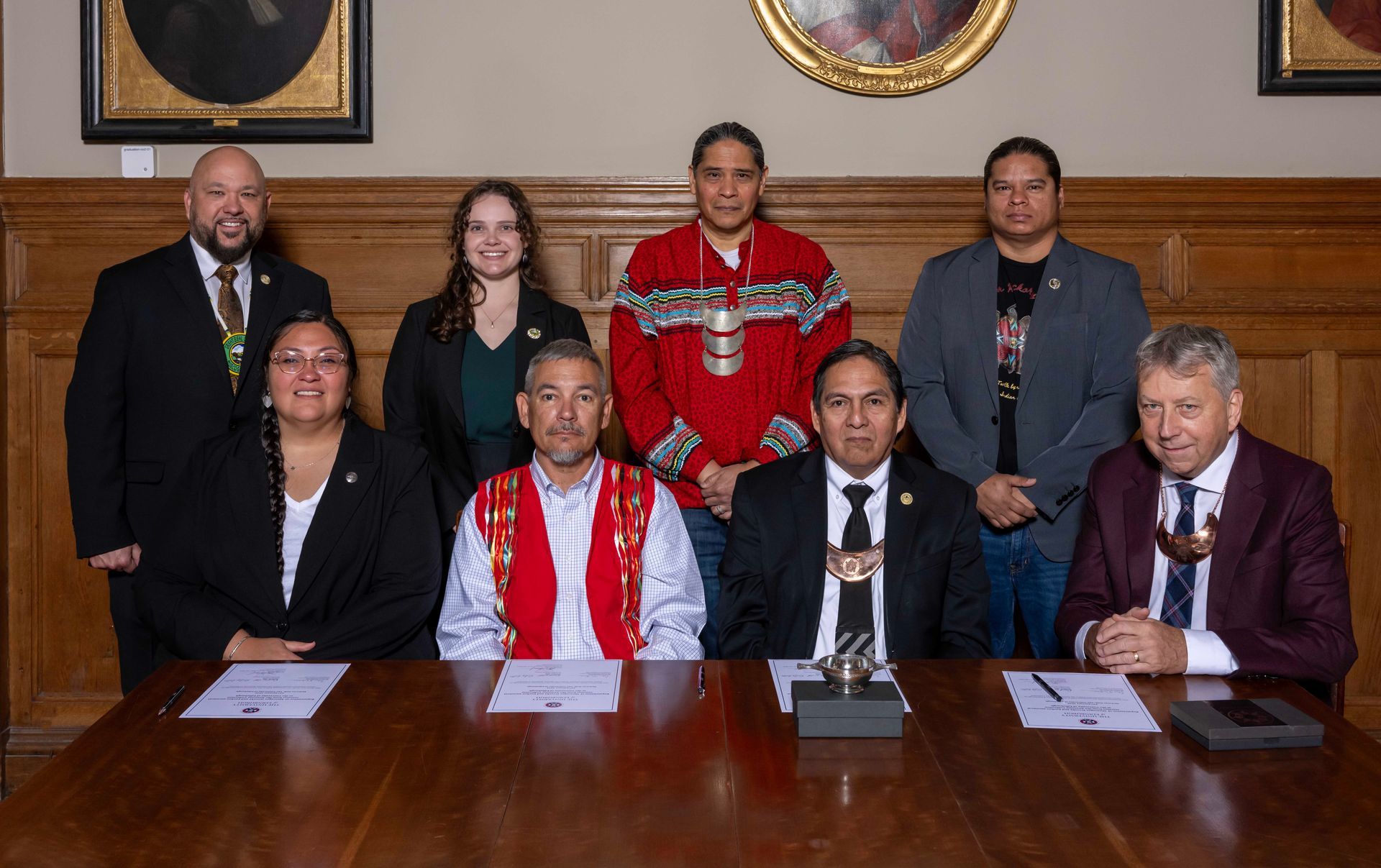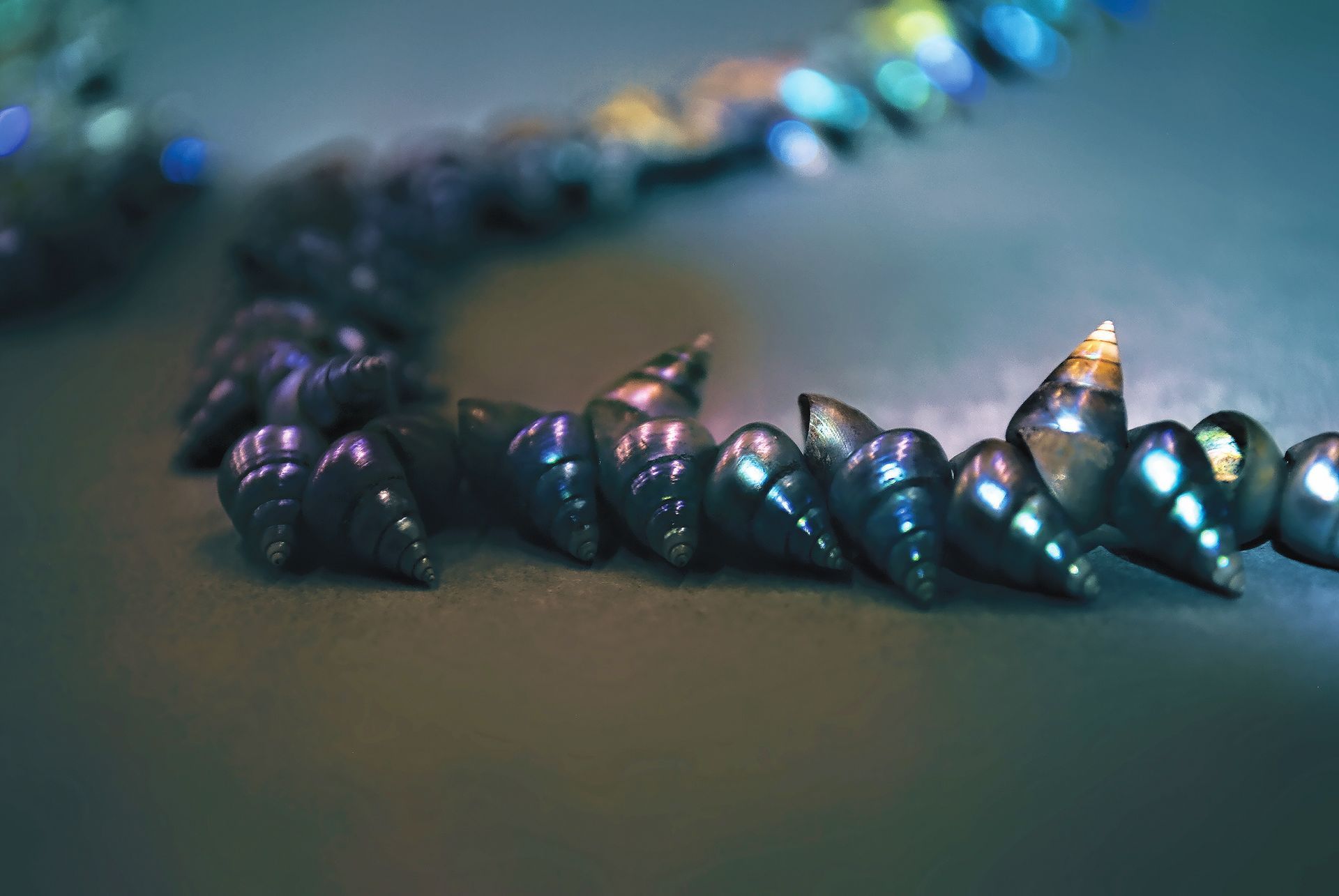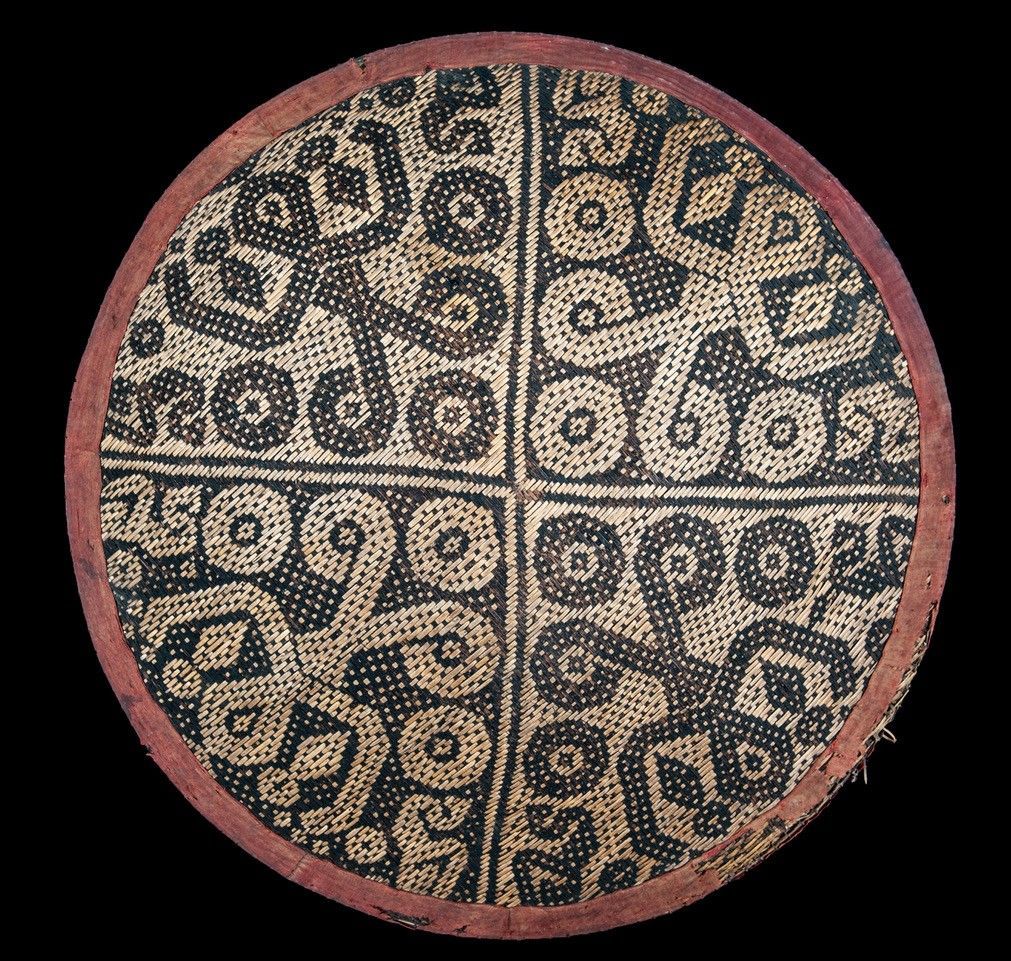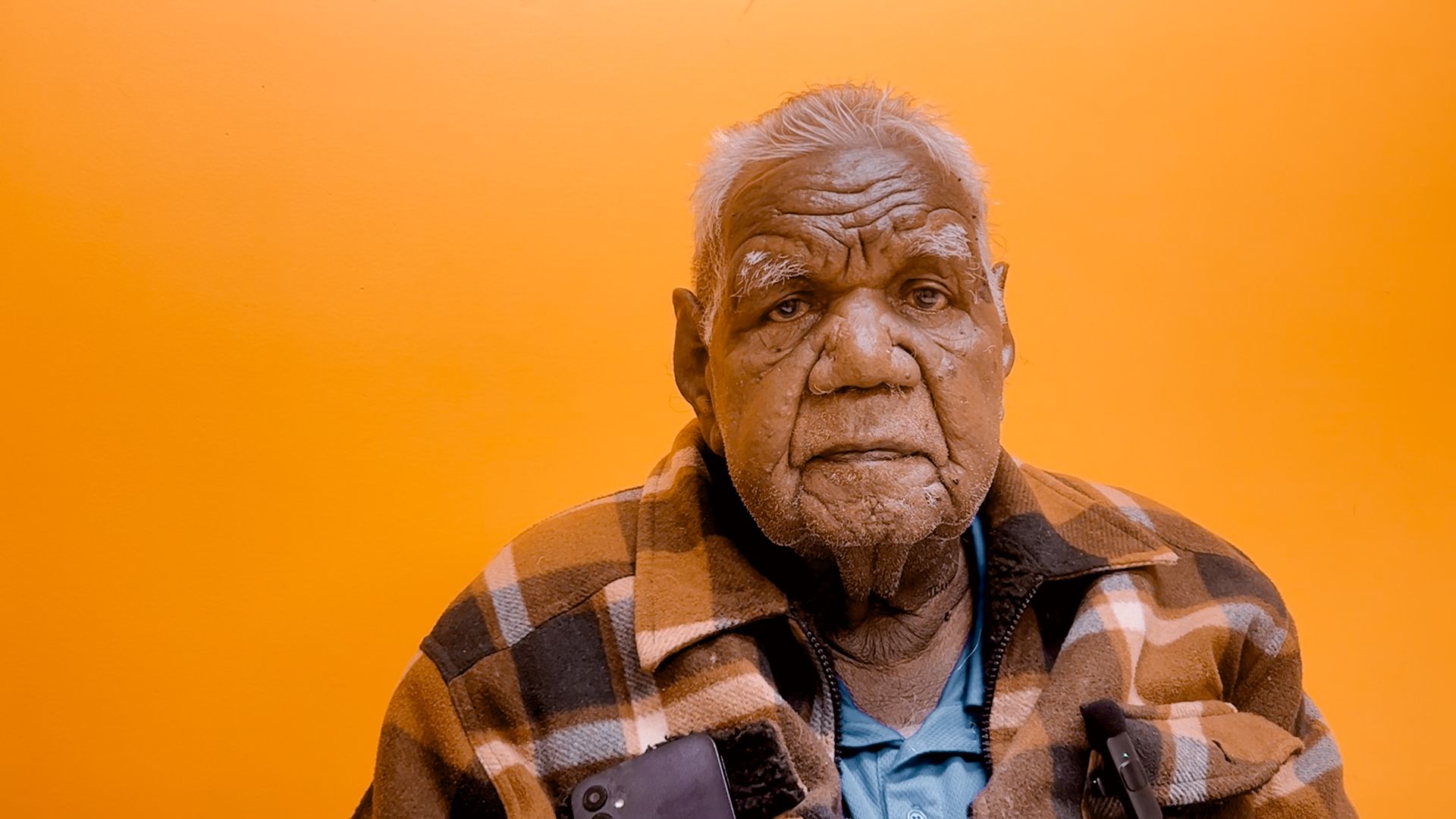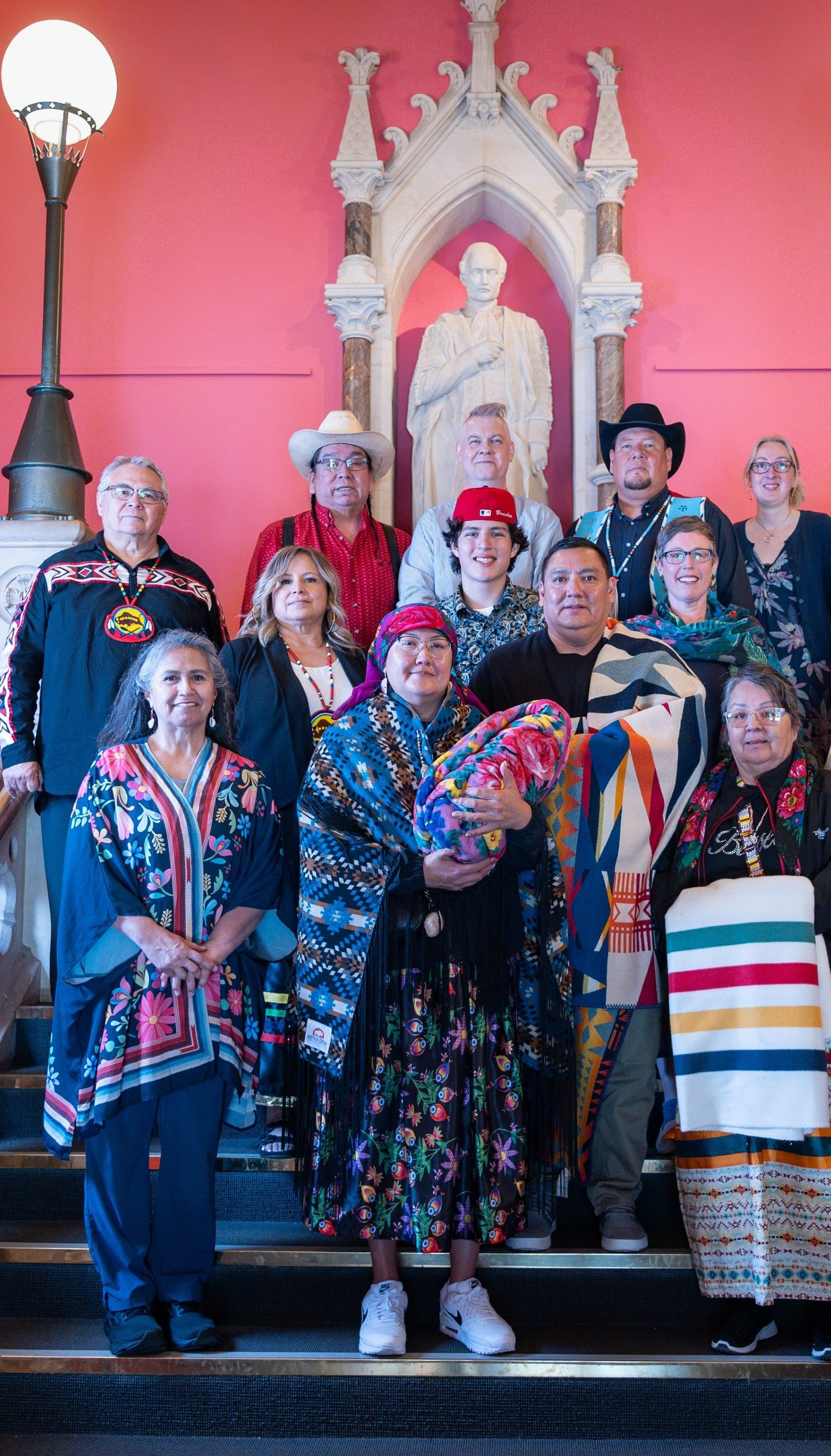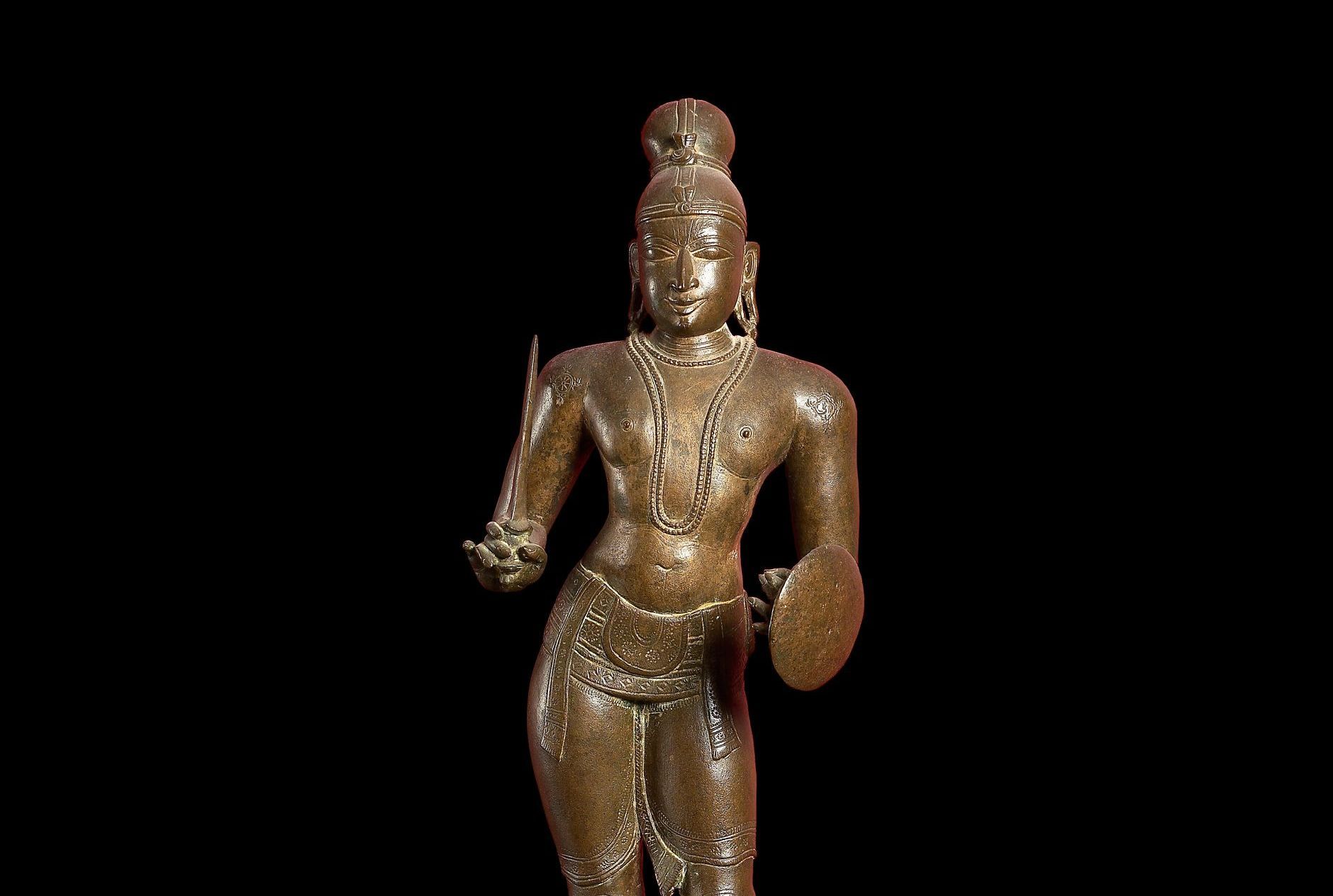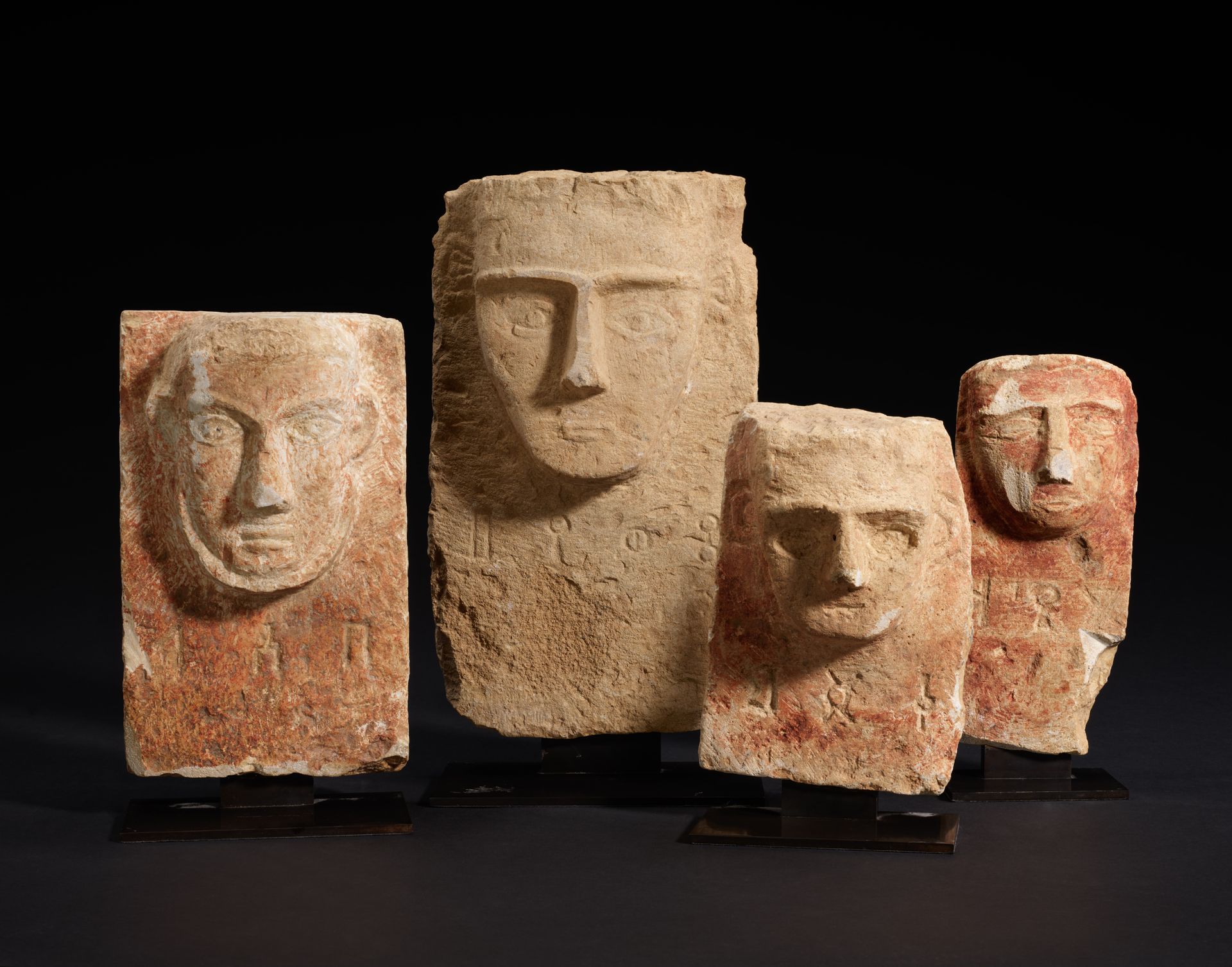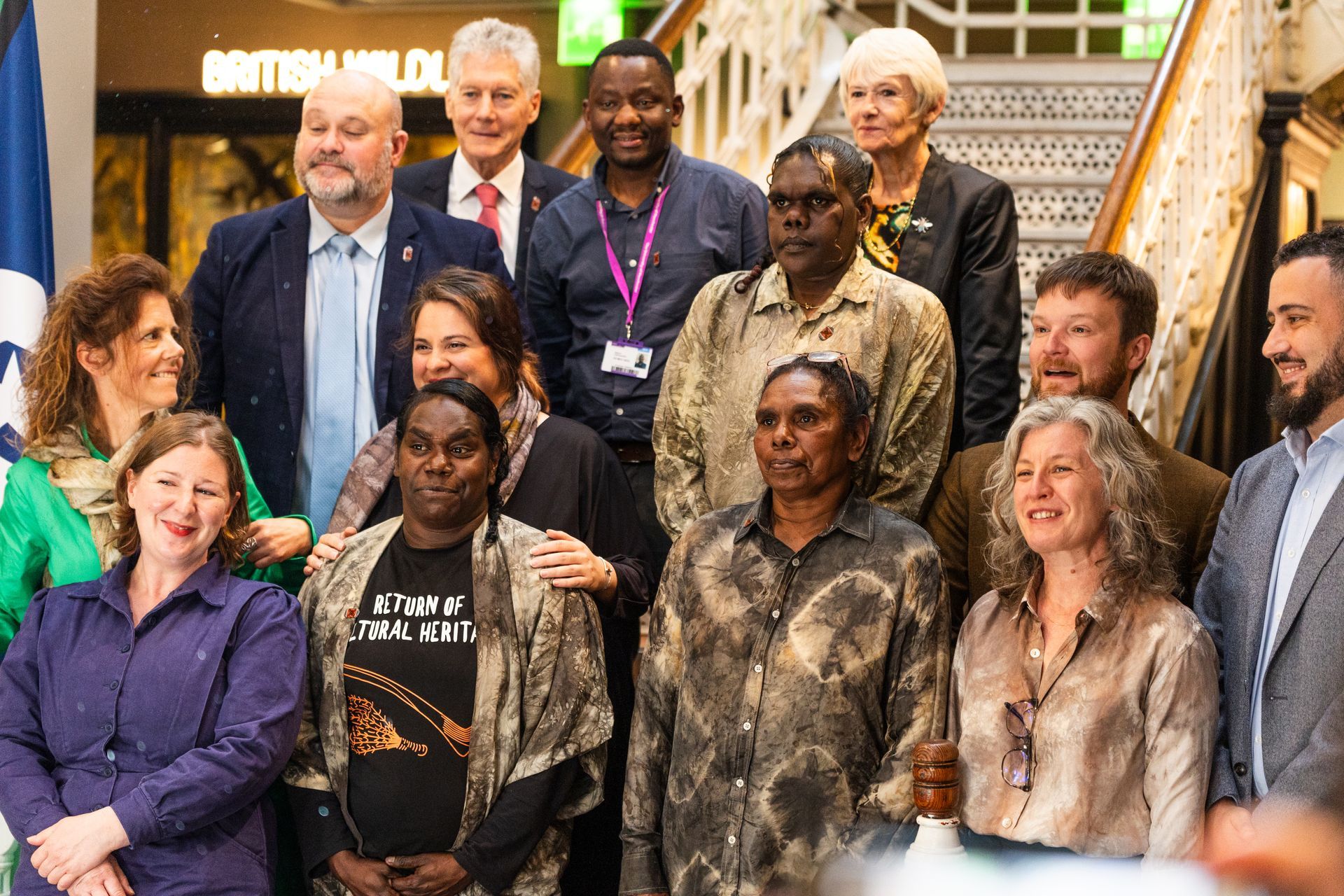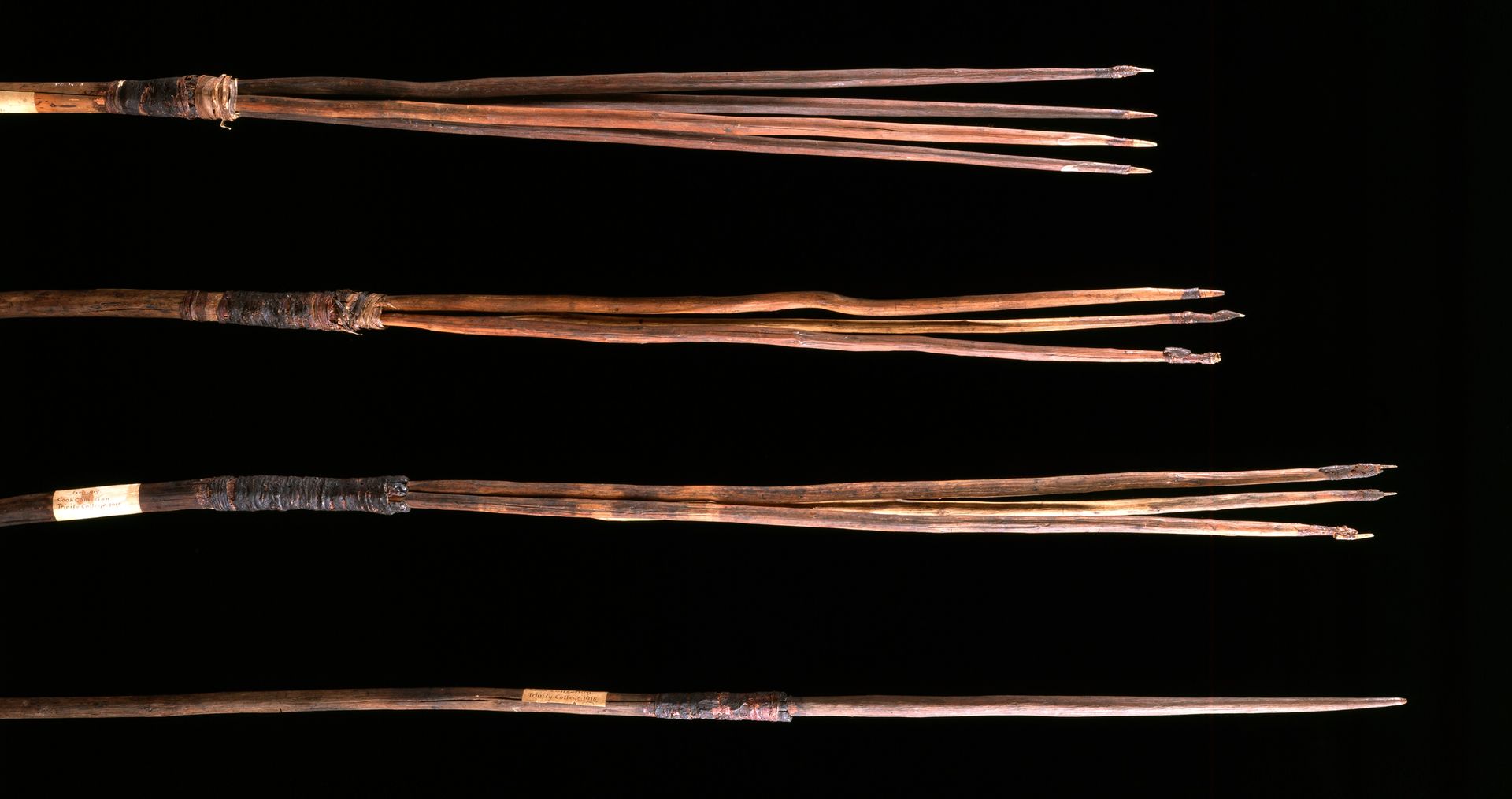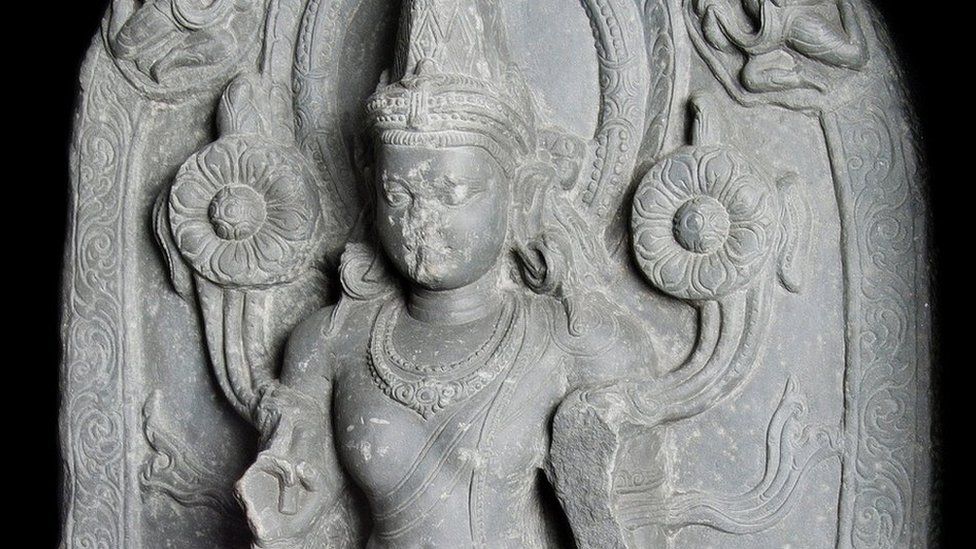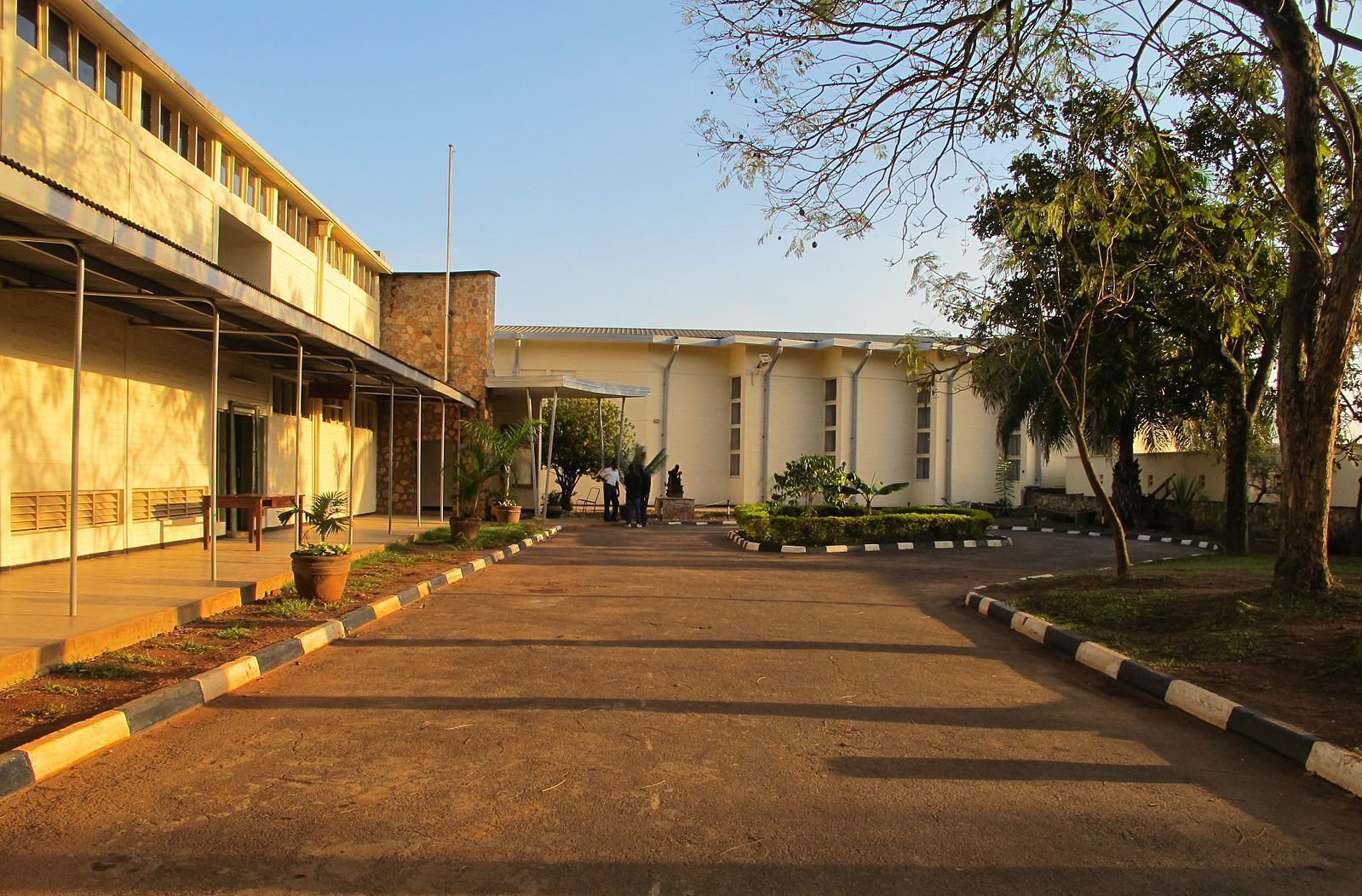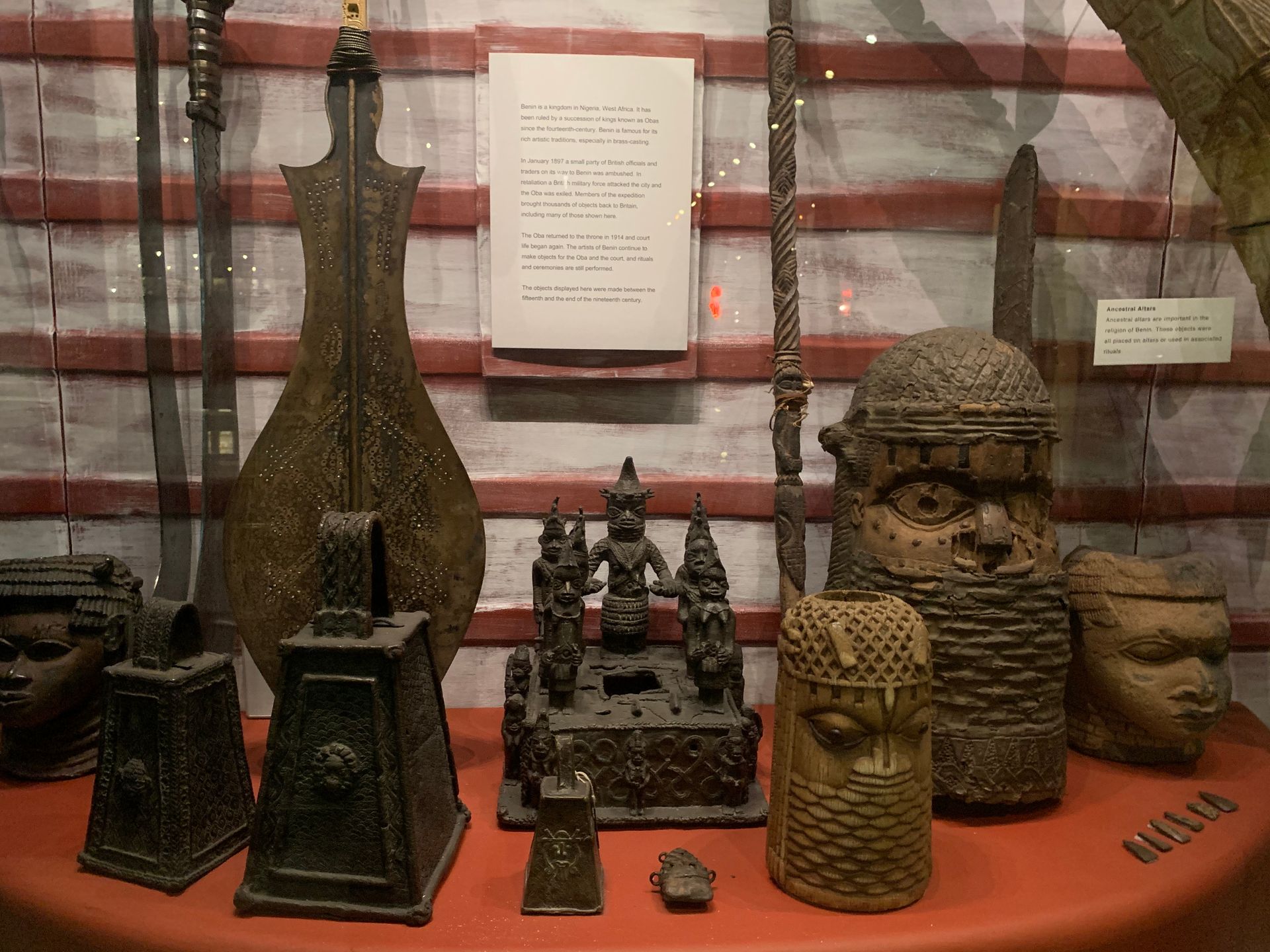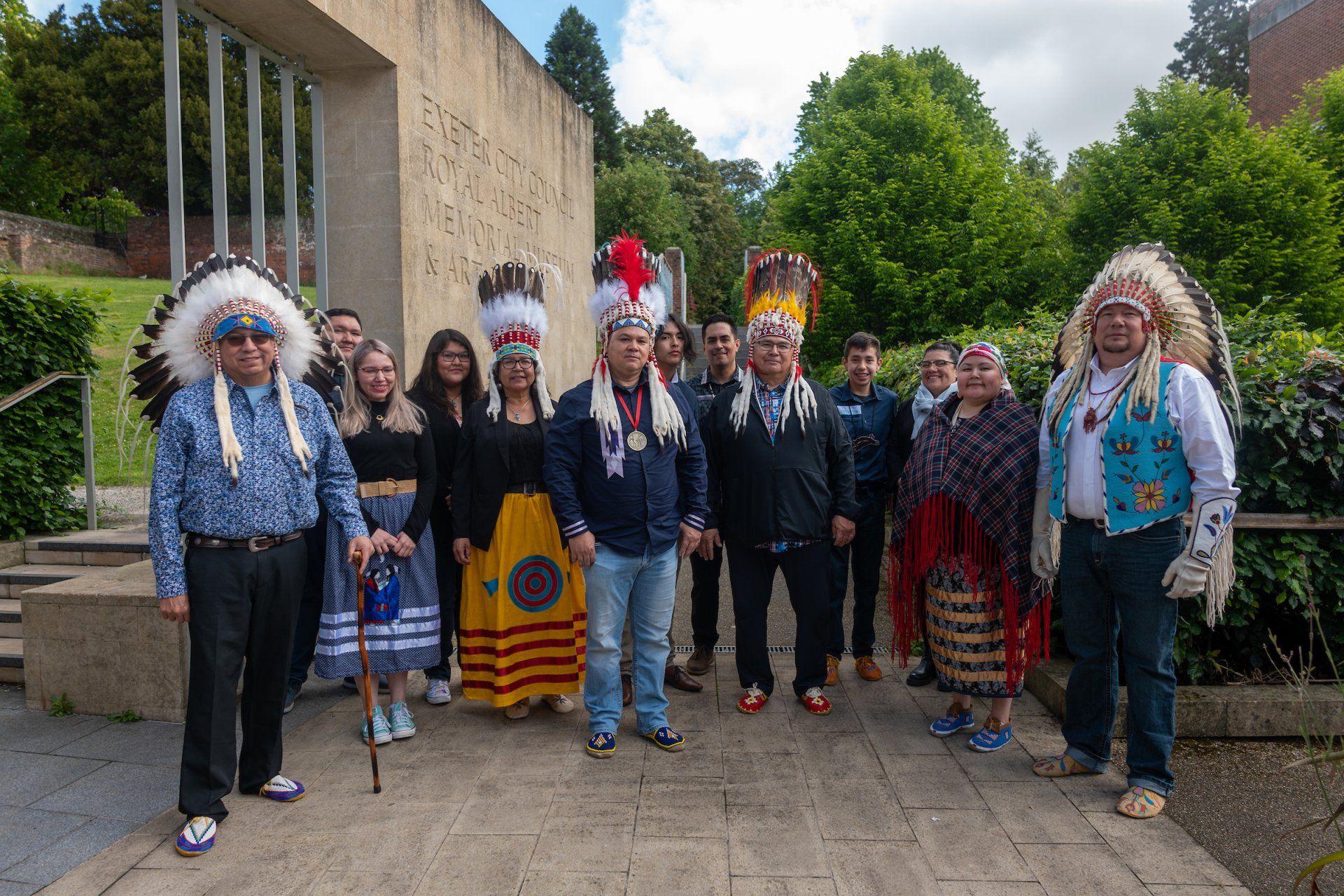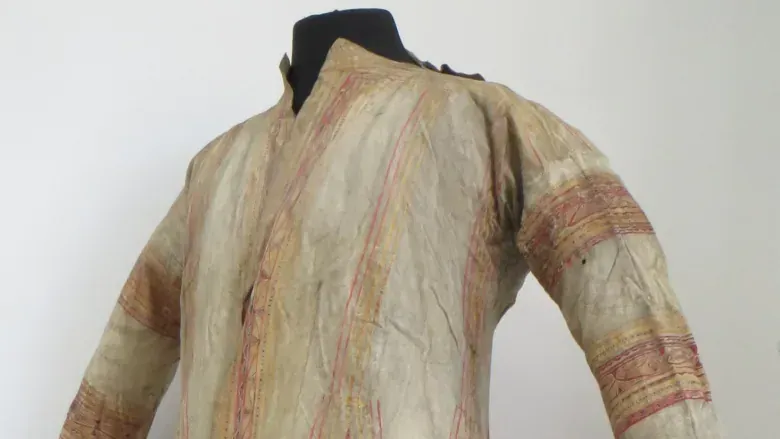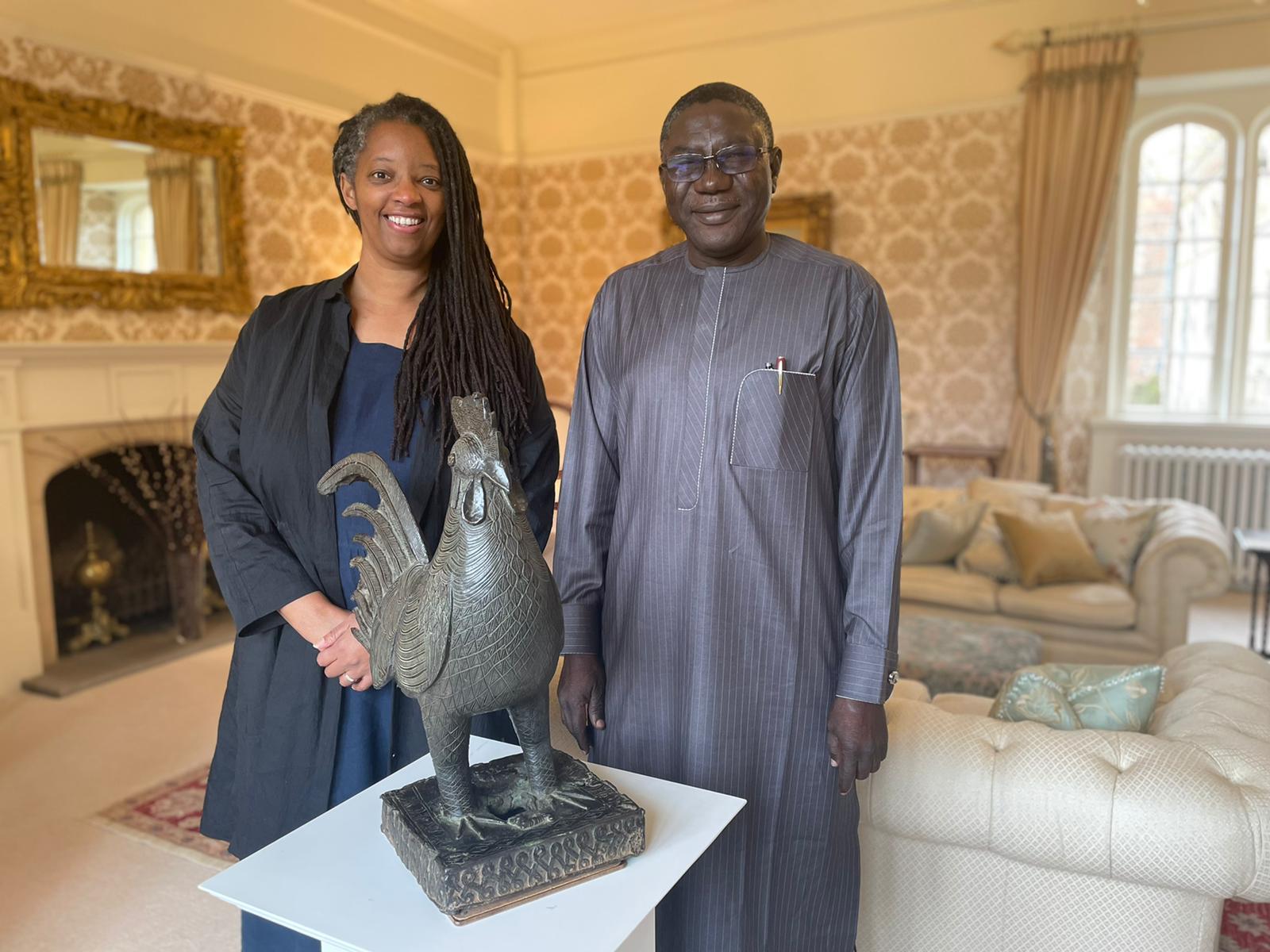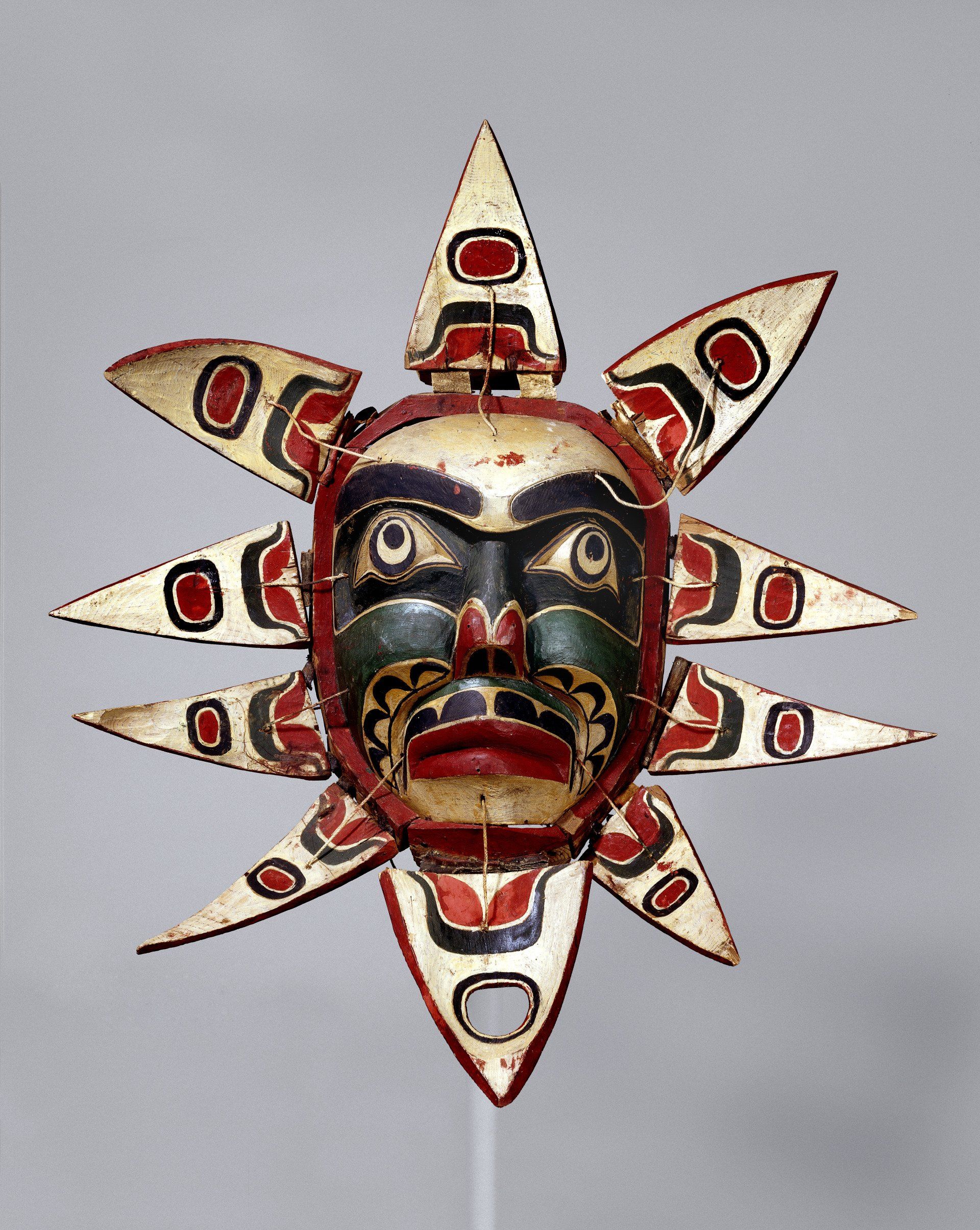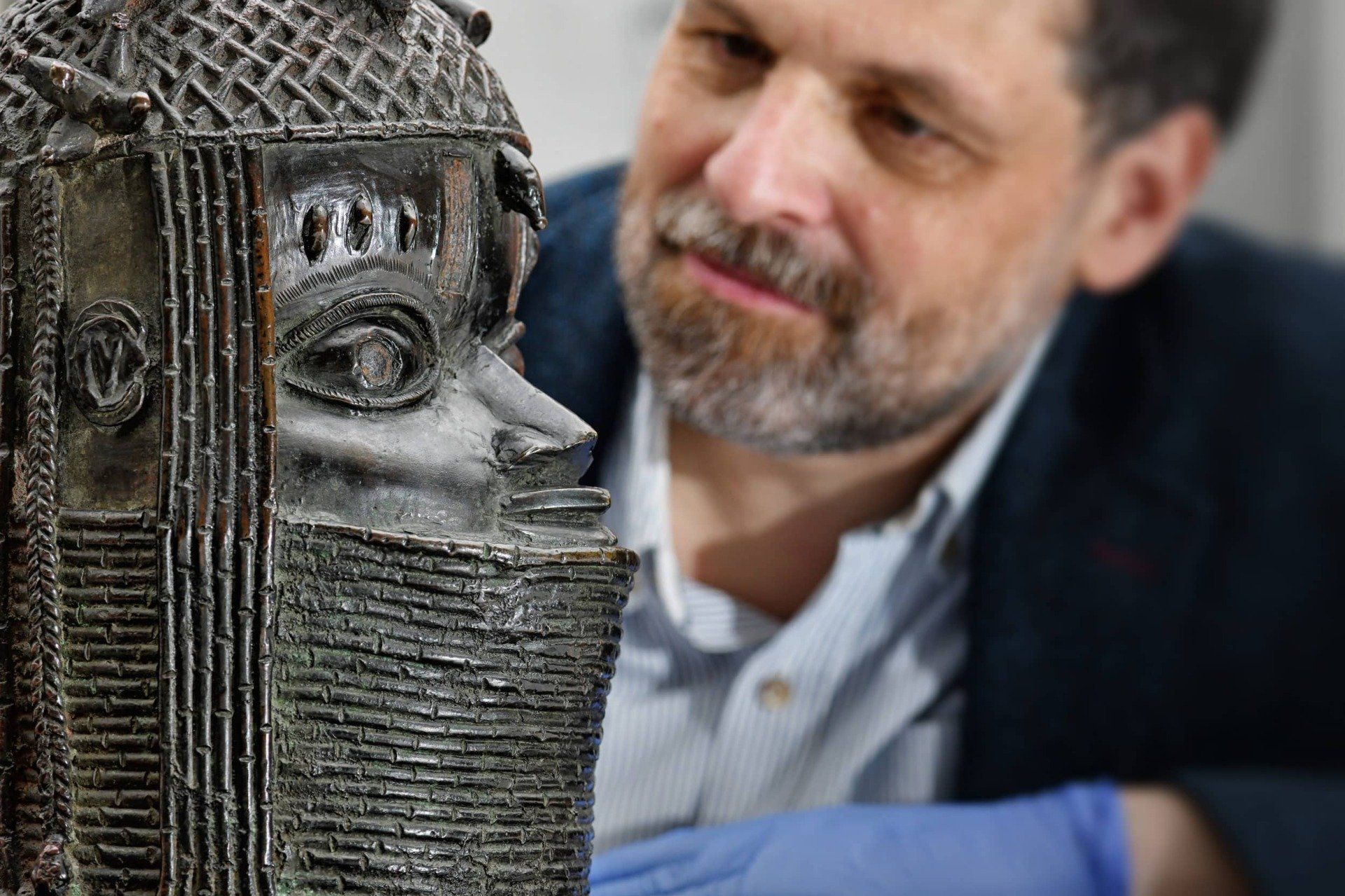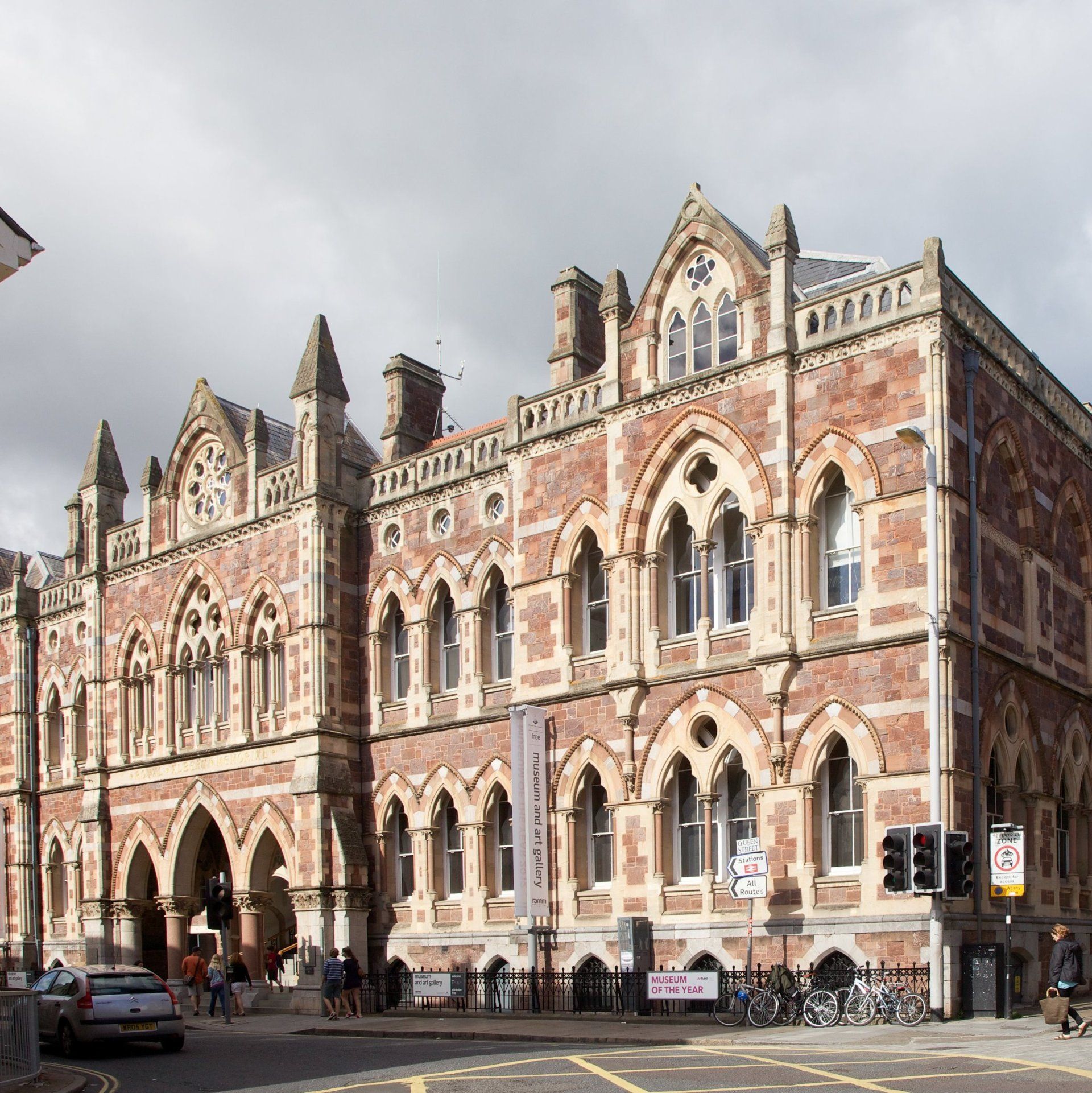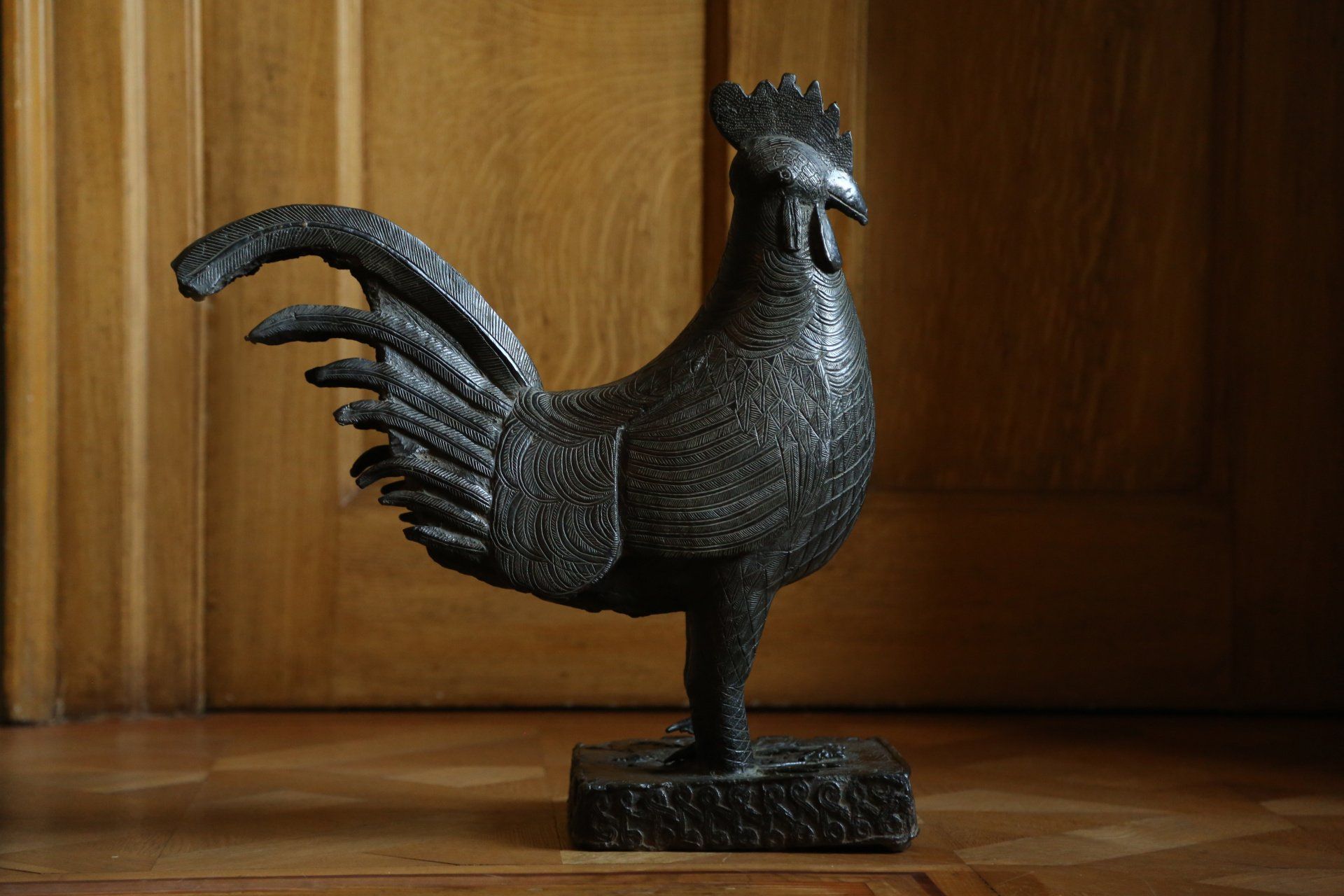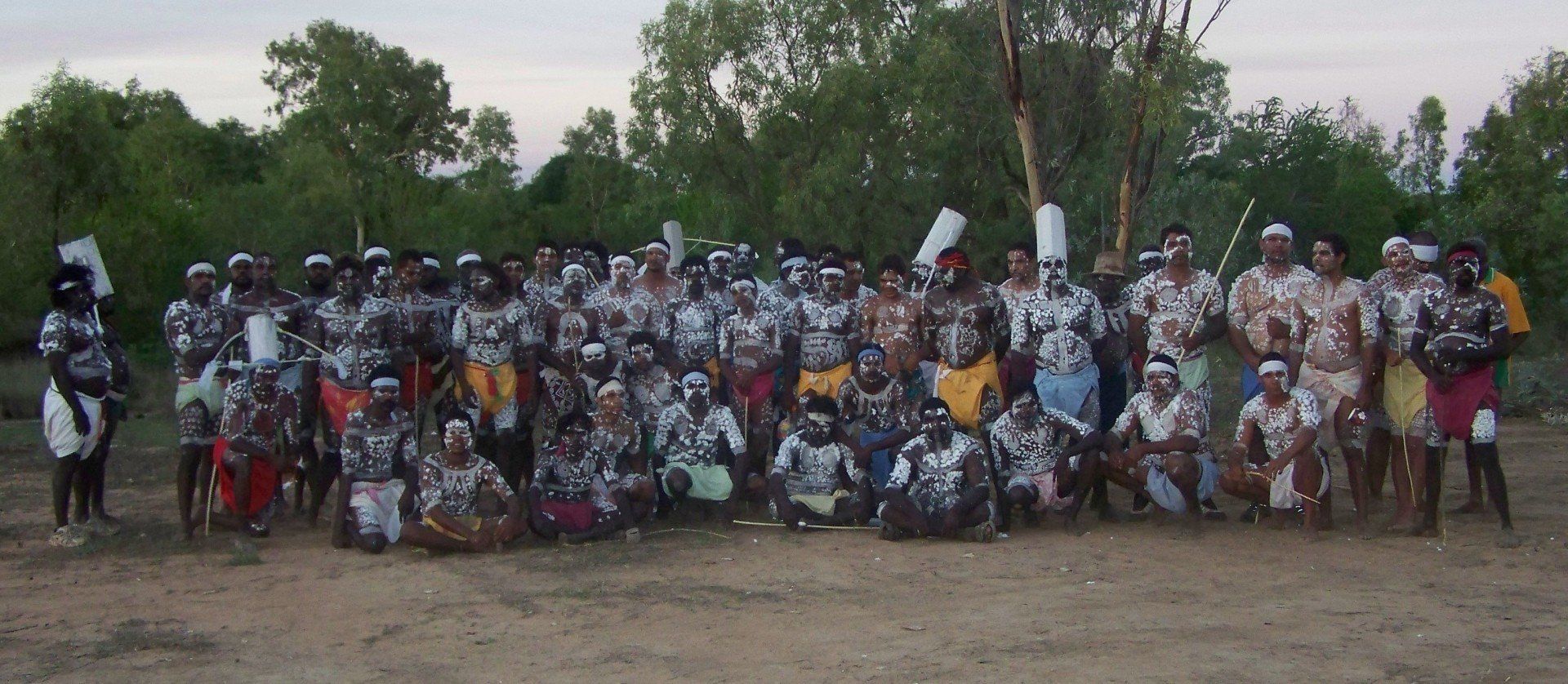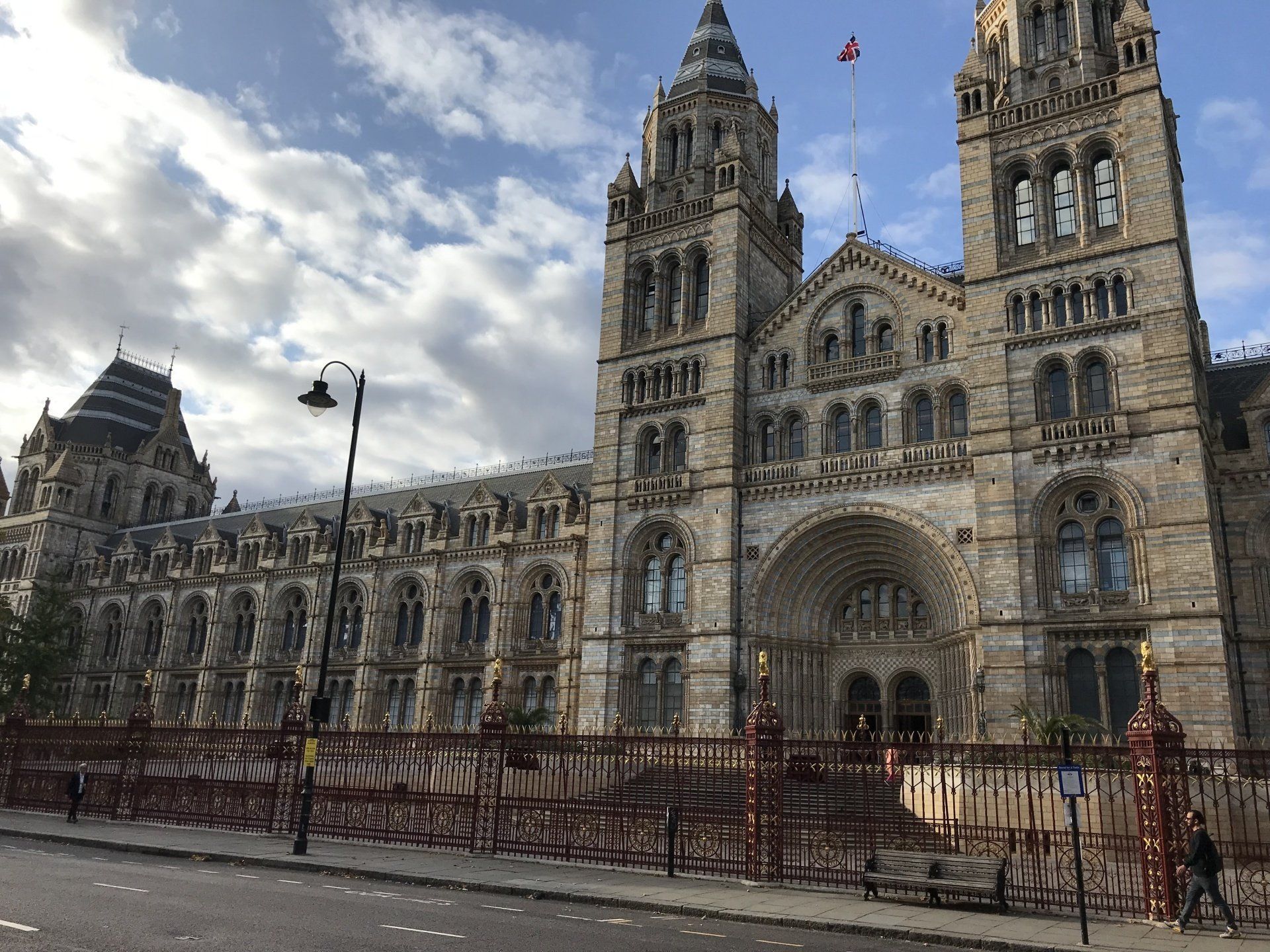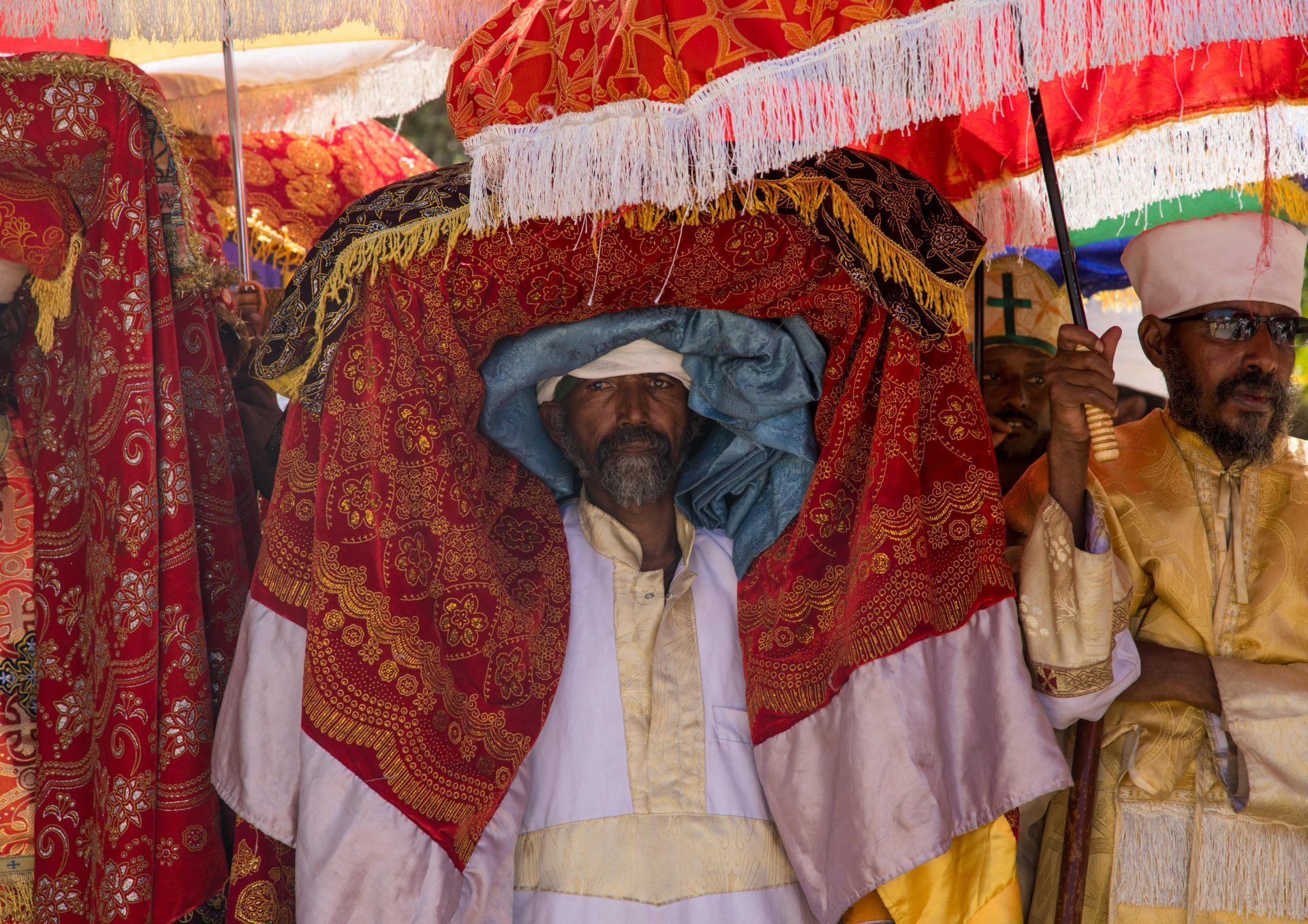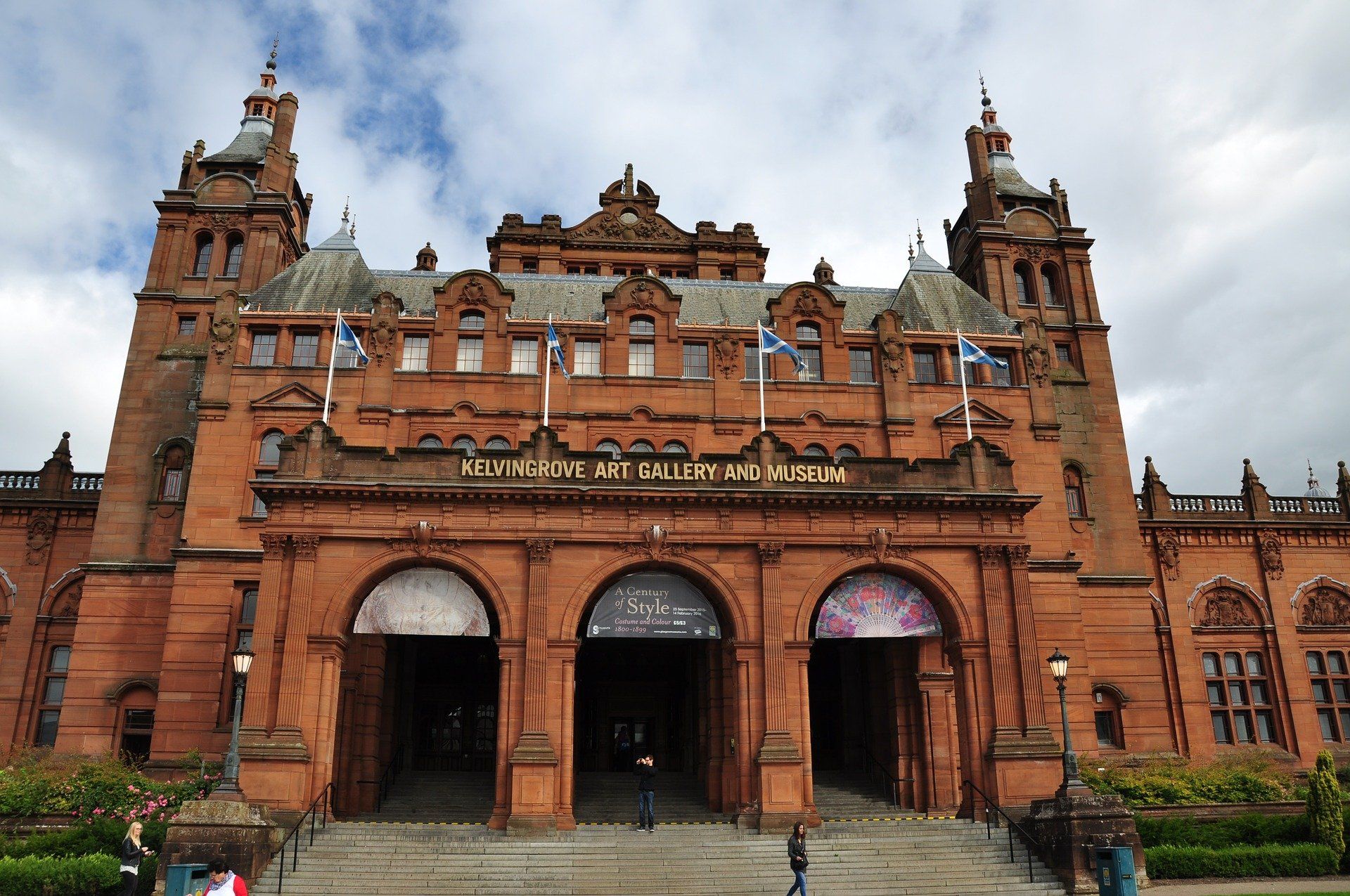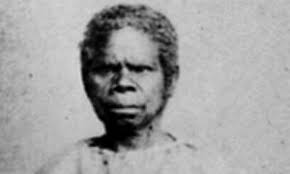Case Studies
An archive of historical restitutions made by UK institutions. These case studies highlight how and why restitutions have come about.
Articles with up to date facts, information and current research to ensure the debate is better informed
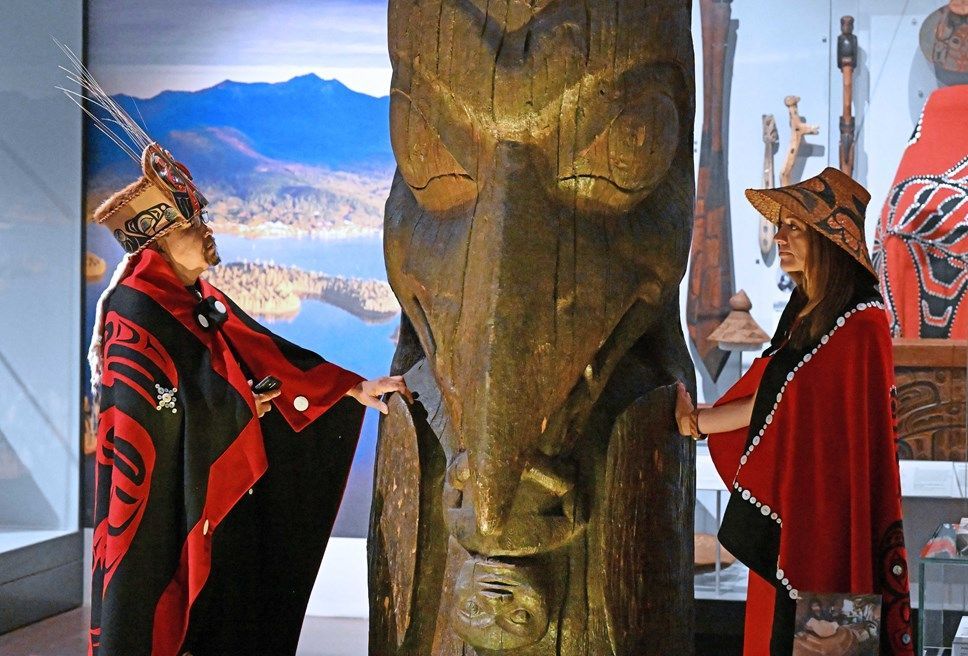
One of the National Museum of Scotland’s largest exhibits, an 11-metre memorial totem pole, has been repatriated to the Nisga’a Museum in the village of Laxgalts’ap in British Columbia after the Museum in Edinburgh recognised it was sold “without the cultural, spiritual or political authority” of its owners
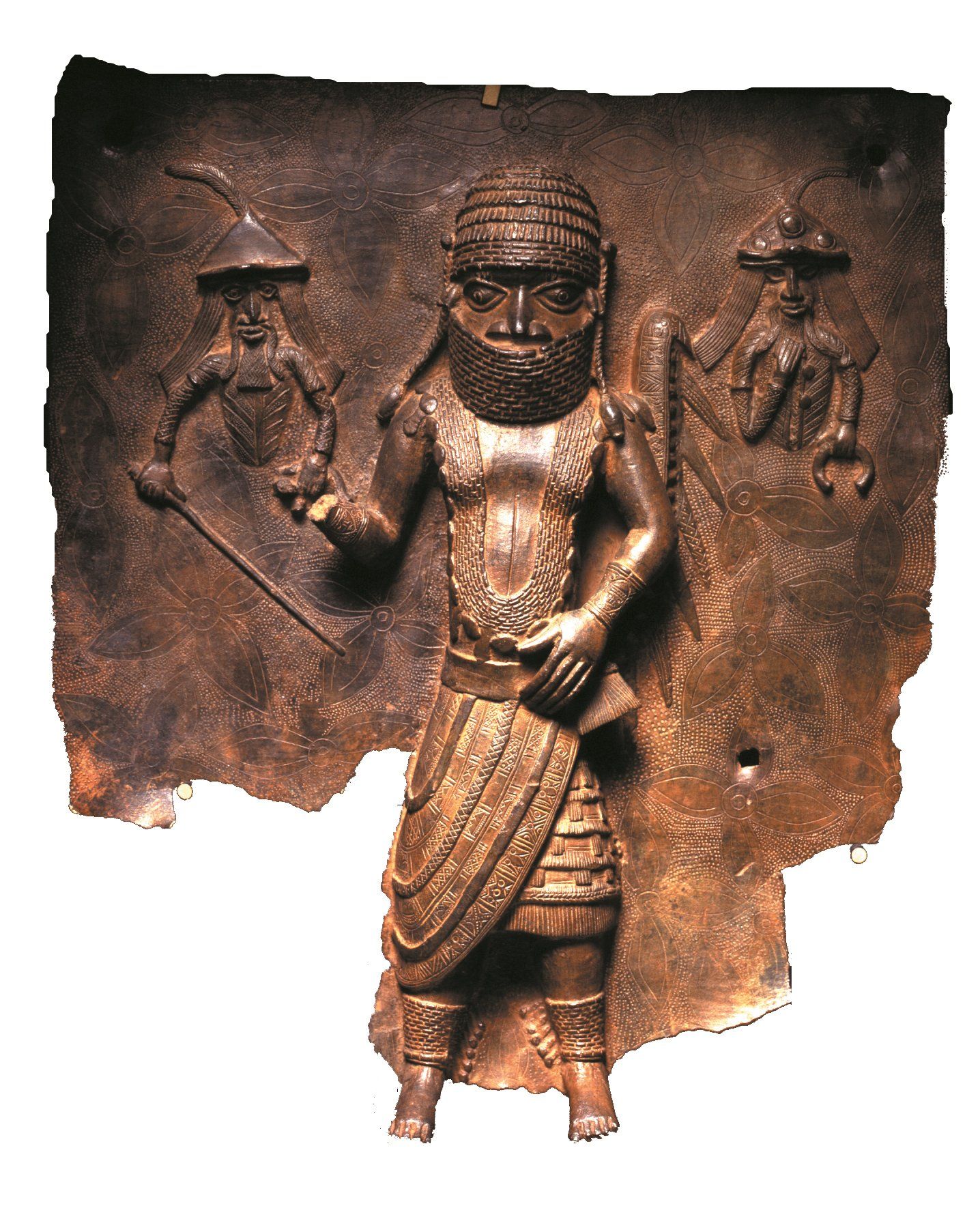
South London’s Horniman Museum and Gardens is the latest institution to agree returning ownership of its Benin Bronzes to Nigeria. A consultation the Museum held in autumn 2020 with members of the Nigerian diaspora community over the future of 72 objects looted from Benin City played a key role in the unanimous decision of the trustees to return the Bronzes

